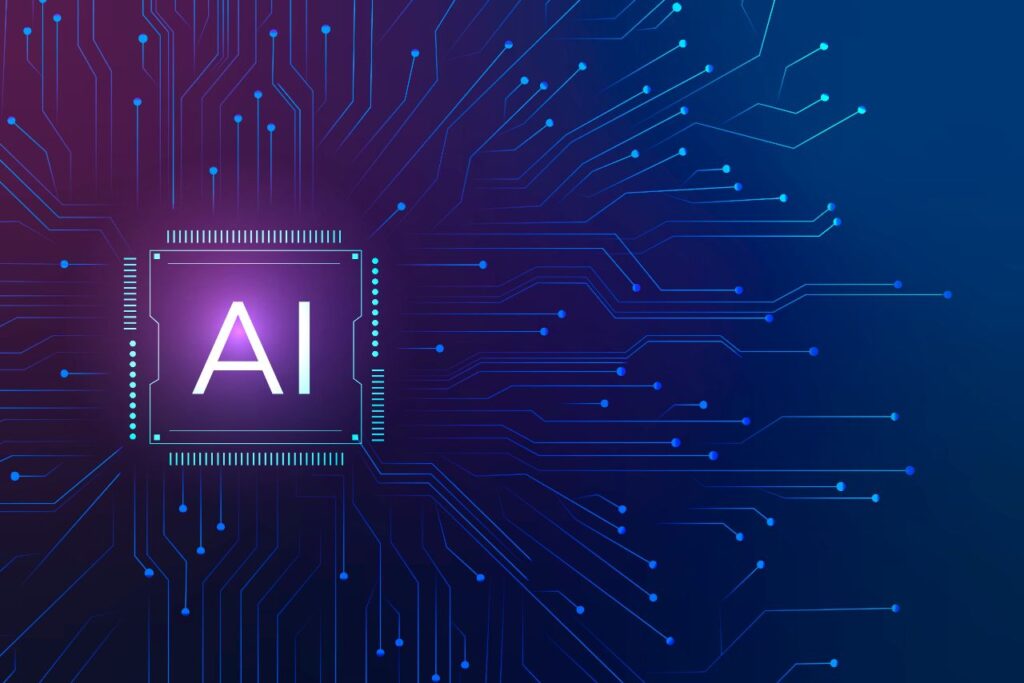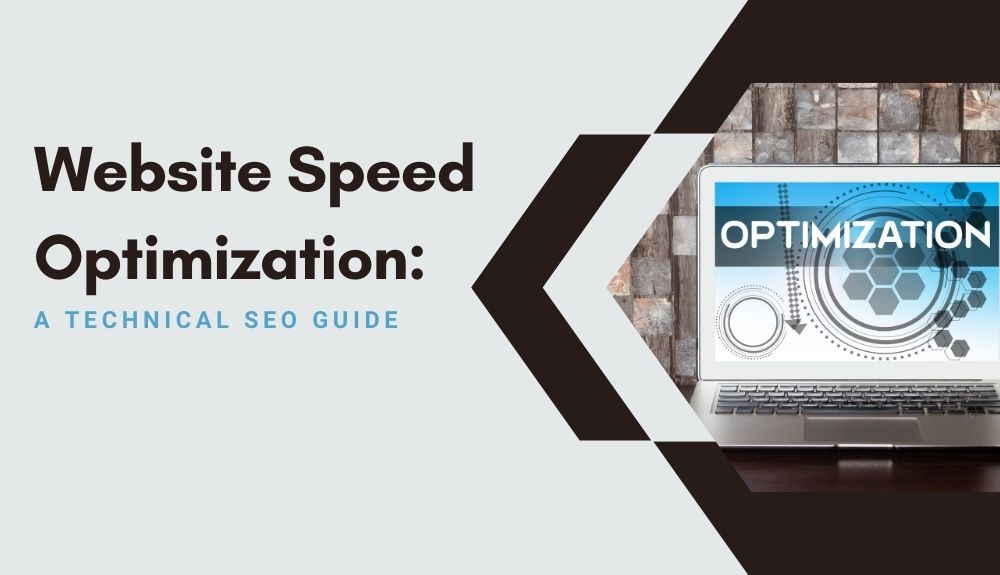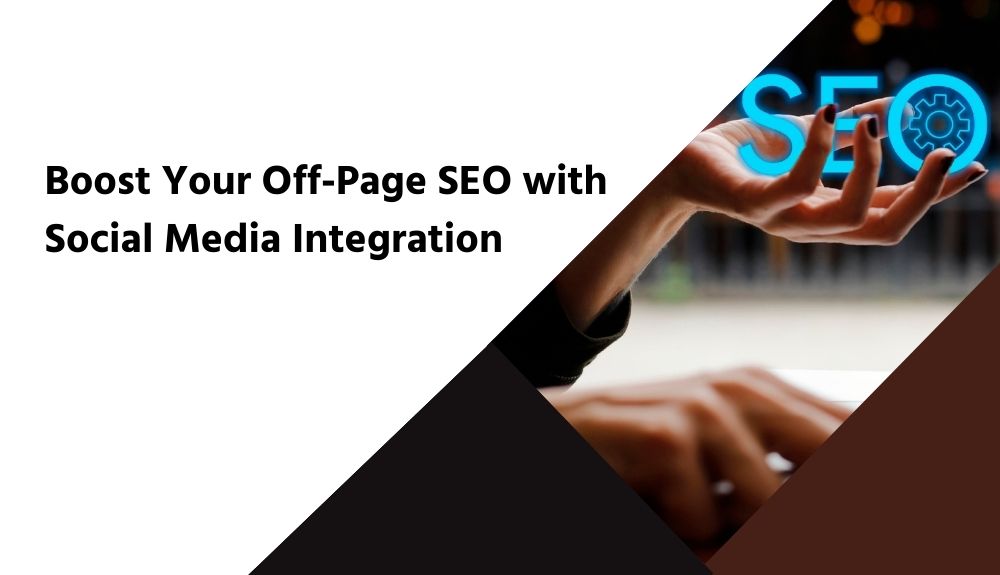AI in SEO is changing the digital marketing industry, especially in the realm of search engine optimization (SEO). With the advancement of search engines, SEO tactics need to adapt, with AI-driven tools leading the way in this change. In 2024, AI is more prominent than ever in SEO, assisting marketers in fine-tuning their strategies with increased accuracy and effectiveness.
Artificial intelligence in search engine optimization uses machine learning and natural language processing to examine data, grasp search behaviors, and forecast trends. This allows companies to make decisions based on data that match user intentions and search engine algorithms. AI has the ability to improve keyword research, automatically optimize content, and simplify technical SEO tasks such as site audits and performance monitoring. These abilities allow marketers to concentrate on developing content that connects well with their audience, while letting AI tools handle the analytical workload.
AI-powered SEO tools like RankBrain, SEMrush, and SurferSEO have become indispensable for analyzing audience behavior and refining content strategies. By using these tools, businesses can identify new opportunities, optimize for voice and visual search, and gain insights into competitors’ performance. As a result, AI has transformed SEO from a manual and time-consuming process into a dynamic and automated discipline.
Due to the increased utilization of AI in SEO, marketers are now able to implement strategies that are both more anticipatory and flexible. AI not only boosts search rankings but also improves user experience through providing more tailored and personalized content. This ultimately results in more traffic, greater engagement, and enhanced conversion rates.
Understanding AI in SEO: What It Means for Marketers
Artificial Intelligence (AI) is significantly transforming how marketers approach search engine optimization (SEO). By incorporating AI-powered tools and techniques, marketers can enhance their strategies, improve performance, and stay ahead of SEO trends in 2024.
AI in SEO utilizes machine learning, NLP, and data analytics to gain a deeper understanding of search patterns and user behavior. These technologies help search engines assess content with greater precision and provide appropriate outcomes. Machine learning assists systems like Google’s RankBrain in examining search queries, gaining insights from user engagement, and continually improving search outcomes. In the same way, NLP allows AI to understand the context and meaning of content, enabling search engines to better grasp user intent and significance.
AI also offers important data analytics, enabling marketers to make more informed decisions. For instance, predictive analytics is able to predict keyword trends and aid in optimizing content. Through the use of AI-generated insights, companies can discover new opportunities, improve their keyword tactics, and provide customized content that meets user needs.
Overall, AI in SEO supports smarter decision-making by offering a deeper understanding of user behavior and search intent. It allows marketers to create tailored content, optimize it for better search rankings, and enhance user experience through personalized recommendations and AI-driven interactions. As AI technology continues to evolve, it will play an even more pivotal role in shaping the future of SEO strategies.

AI-Powered SEO Tools: What’s Available and How to Use Them
AI-powered SEO tools have revolutionized the way marketers approach search engine optimization by providing advanced capabilities in keyword research, content optimization, competitor analysis, and site audits. Here are some of the top AI-driven tools you can leverage to stay ahead of SEO trends in 2024:
SEMrush: SEMrush is a comprehensive SEO platform that uses AI to provide insights into keyword research, competitor analysis, and site performance. With features like automated site audits and keyword tracking, SEMrush helps streamline the SEO process, making it a go-to tool for many professionals.
Ahrefs: Ahrefs provides powerful tools for analyzing competitors and tracking backlinks. AI is utilized to recognize top-notch backlink possibilities and track keyword rankings, allowing users to improve their link-building approaches and surpass rivals.
Clearscope: Clearscope specializes in content optimization by analyzing top-performing content and suggesting improvements. It helps SEO professionals create content that aligns with user intent and search engine requirements, ensuring better rankings and higher engagement rates.
SurferSEO: AI is utilized by SurferSEO to examine on-page elements like keyword density, content organization, and SERP assessment. It creates thorough reports to assist you in developing SEO-friendly content, from start to finish, customized for optimal exposure.
RankBrain: Google’s RankBrain is an AI-powered algorithm that helps understand complex search queries and ranks web pages based on relevance. By focusing on user behavior and content quality, RankBrain plays a crucial role in determining your site’s ranking.
AI-powered tools improve SEO strategies by automating tasks and giving data-driven suggestions, simplifying content optimization and increasing search rankings. Integrating them into your SEO plan will assist you in staying up-to-date with changing AI trends and enhancing overall effectiveness.
AI Trends Shaping the Future of SEO
AI is rapidly transforming the landscape of search engine optimization (SEO), introducing new tools and techniques that enable more effective strategies and better outcomes. Here are three major AI trends that are shaping the future of SEO in 2024:
AI-Driven Content Generation and Automated Insights: AI-powered tools are streamlining content creation by automating the generation of high-quality content tailored for SEO. Tools like SurferSEO and MarketMuse analyze top-ranking content to generate optimized outlines and briefs, while AI content writers produce relevant articles that align with search intent. Automated insights allow marketers to identify content gaps and opportunities, providing data-driven recommendations that enhance the effectiveness of SEO strategies.
Voice Search Optimization and the Rise of Conversational AI: Voice search optimization is becoming more and more important due to the rising popularity of voice assistants such as Siri, Alexa, and Google Assistant. AI is enhancing its capacity to comprehend and analyze conversational queries, which frequently vary greatly from conventional text searches. This trend necessitates marketers to integrate natural language processing and question-based keywords in their SEO strategies, enhancing content visibility for voice searches.
Predictive Analytics for Forecasting SEO Trends and User Behavior: Predictive analytics uses machine learning to analyze historical data, identify patterns, and forecast future SEO trends. This capability enables businesses to stay ahead of changes in search behavior and proactively optimize their content strategies. By predicting keyword performance and user preferences, AI tools help businesses refine their SEO efforts, ensuring they stay relevant and competitive in the evolving digital landscape.

Techniques for Leveraging AI in SEO Strategy
By 2024, it is becoming more vital for businesses to stay competitive by utilizing AI in their SEO tactics. AI-driven tools have revolutionized traditional SEO practices by streamlining intricate tasks and offering insights based on data analysis. Below are some methods for integrating artificial intelligence into your search engine optimization plan.
AI for Keyword Research and Topic Ideation: AI in SEO can simplify keyword research by using machine learning algorithms to identify high-impact keywords and predict emerging trends. Tools like SEMrush and Ahrefs utilize AI to analyze search volumes, competition, and user intent, making it easier to choose the right keywords. For topic ideation, AI tools like Clearscope and MarketMuse suggest relevant topics based on current content gaps, helping create content that resonates with the audience and ranks higher.
Content Creation and Optimization Using AI Recommendations: AI-driven tools streamline the process of creating content by offering suggestions for optimal keyword placement, content structure, and readability. SurferSEO tools examine top-ranking pages and recommend enhancements for your content. Moreover, AI-generated conclusions assist in improving meta descriptions, titles, and internal linking strategies, guaranteeing that content is optimized for search engines and users.
Utilizing AI for Technical SEO: Site Structure, Crawlability, and User Experience: Technical SEO is another area where AI can significantly improve efficiency. AI tools can conduct comprehensive site audits to identify issues such as broken links, duplicate content, and crawlability problems. By optimizing site structure and improving page speed, AI enhances user experience and boosts search engine rankings. AI also helps optimize site navigation and user pathways, ensuring a smoother and more engaging browsing experience.
Challenges and Limitations of AI in SEO
Although AI provides many advantages in SEO, marketers must also face challenges and limitations that come with it. Content authenticity and excessive automation are key areas of concern. AI-created content, while effective, may at times not have the same level of depth and creativity as content written by humans. There is a potential danger in excessive automation of SEO tasks, resulting in unoriginal and uninteresting content that fails to effectively captivate users. In order to prevent this issue, businesses should apply a combination of AI automation and human supervision to ensure the authenticity and value of content for readers.
Another challenge is the presence of bias in AI algorithms. Since AI systems are trained on large datasets, they may inadvertently perpetuate biases present in the data. This can influence SEO outcomes by favoring certain keywords or content styles, ultimately impacting search rankings and user experiences. To mitigate this issue, it is crucial to regularly audit AI models, train systems on diverse datasets, and refine algorithms to ensure fairness and accuracy.
Finally, it is crucial for success to preserve the human element in strategies powered by AI. While AI is capable of enhancing technical SEO and streamlining repetitive tasks, it lacks the ability to mimic the strategic mindset, innovation, and understanding that humans contribute to content development and marketing plans. It is essential for humans to supervise AI results, make ethical judgments, and guarantee responsible use to maintain quality and integrity.
Conclusion and Future Outlook
AI has greatly changed SEO by automating tasks, offering data-driven insights, and improving content strategies. In the future, AI will have a growing presence in SEO thanks to improvements in predictive analytics and voice search optimization. Businesses should adopt AI in order to achieve a competitive advantage, all while finding a harmony between automation and human innovation.












